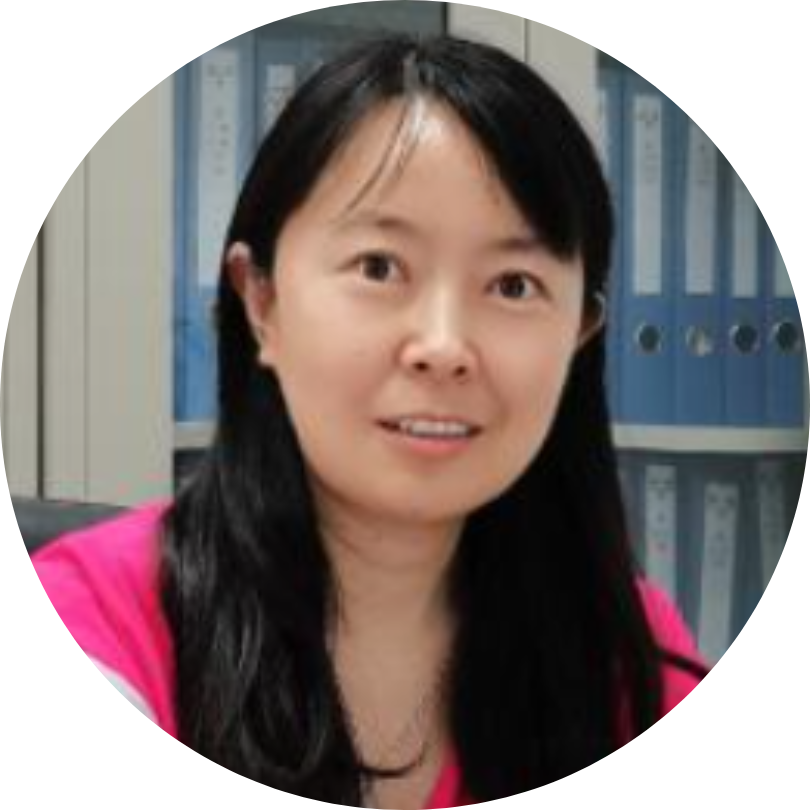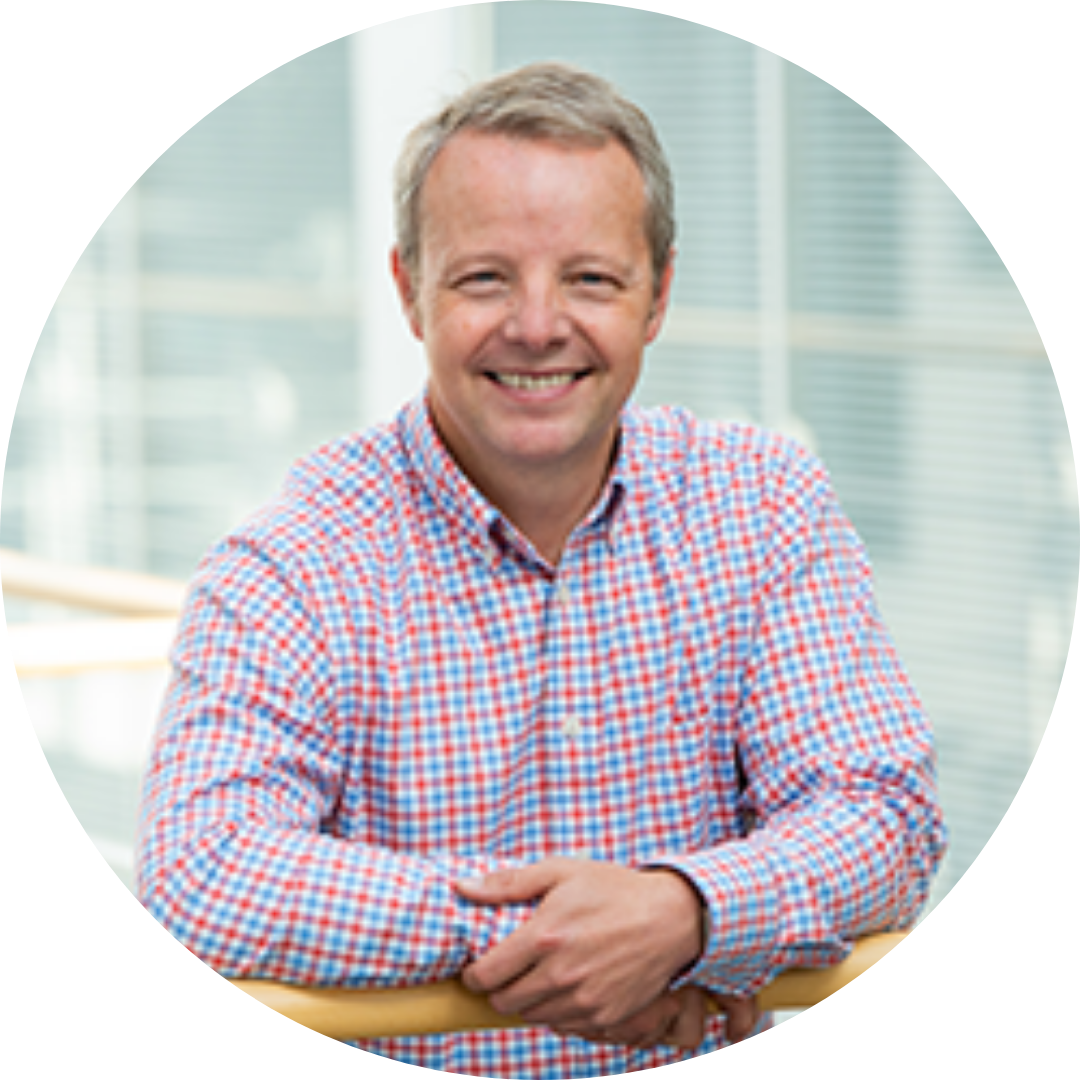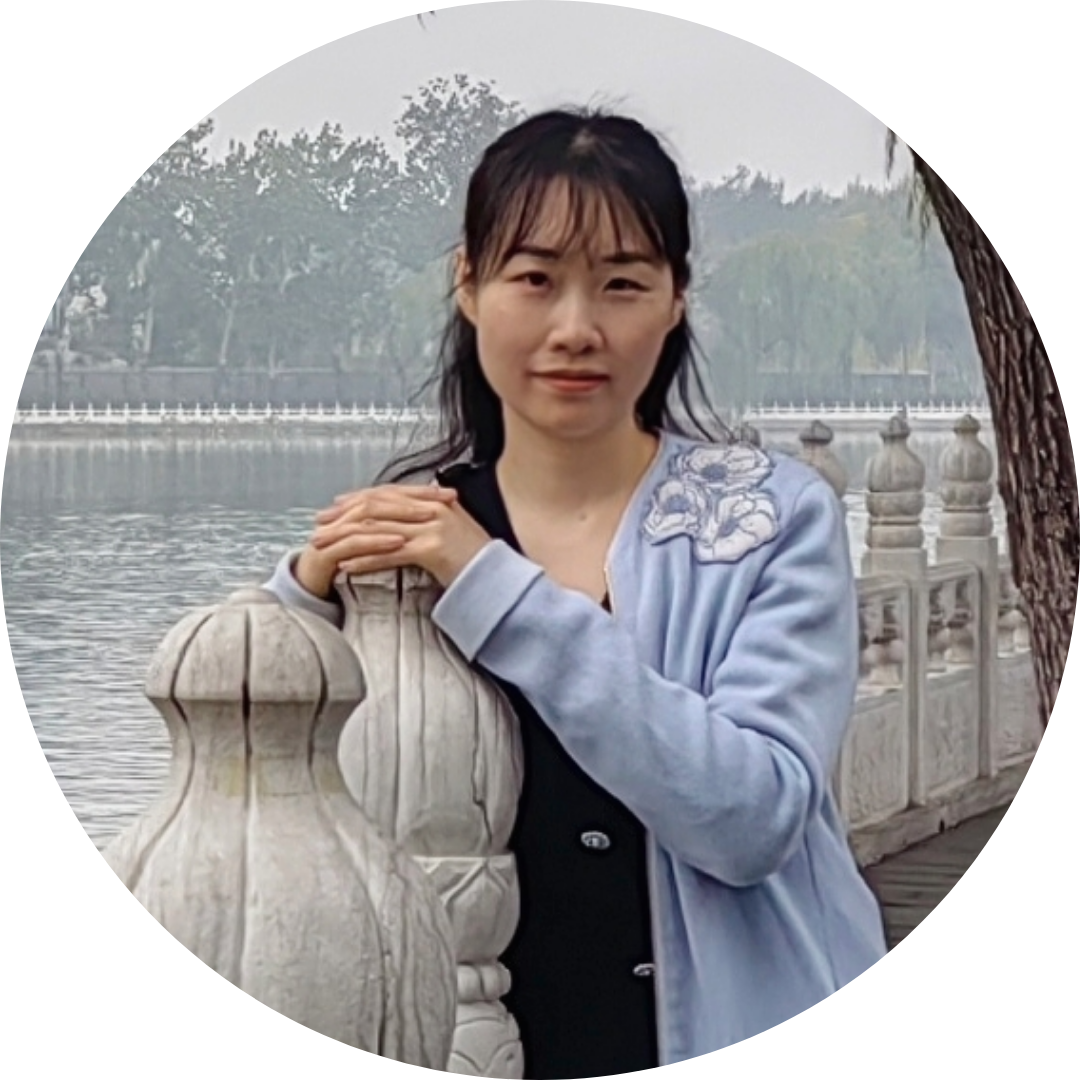Speaker 2025
| Keynote Speaker Ⅰ |

Prof. Yajuan Xue
Chengdu University of Information Technology, China
Biography: Ya-juan Xue is currently a Professor with the School of Communication Engineering, Chengdu University of Information Technology, Sichuan, China. She was awarded as the thirteenth batch outstanding expert with outstanding contributions of Sichuan Province, China since 2018. She has participated in several national research programs under the National Natural Science Foundation of China (NSFC). She is currently the Principal Investigator (PI) in several national and regional research projects, especially the national young research projects funded by NSFC, the outstanding young academic leaders fund of Sichuan Province. In recent years, she has published more than 80 papers in high-level journals and important academic conferences at home and abroad. She is a life member of Chinese Geophysical Society, active member of the Society of Exploration Geophysicists (SEG). She is a Review Editor of the journal 'Frontiers in Earth Science'. She is also the reviewer for the journals such as Surveys in Geophysics, IEEE Transactions on Geoscience and Remote Sensing, IEEE Transactions on Neural Systems & Rehabilitation Engineering, IEEE Transactions on Circuits and Systems II: Express Briefs, IEEE Geoscience and remote sensing letters, Data Mining and Knowledge Discovery, Journal of Petroleum Science and Engineering, Geophysics, Geophysical Prospecting, Journal of Earthquake Engineering, Exploration Geophysics, Acta Geophysica, Interpretation, Journal of applied Geophysics, Electrical Engineering, Digital Signal Processing, Proceedings of the Royal Society A: Mathematical, Physical and Engineering Sciences, Measurement, IEEE Access, Measurement, CSEE Journal of Power and Energy Systems, Complexity, Defence Technology.
Speech Title: Local Quantum Signal Processing for Seismic Data Enhancement: Feature Extraction and Noise Suppression
Abstract: Modern seismic exploration requires advanced signal processing techniques to accurately characterize complex geological structures. Traditional methods often struggle to balance noise attenuation with the preservation of subtle geological features. In this study, we propose a novel local quantum signal processing (LQSP) framework based on the Schrödinger-equation-adaptive transformation, which projects seismic data onto a quantum-inspired basis derived from wave functions. Each wave function corresponds to a unique energy state, allowing dynamic feature extraction through projection coefficients.
We first analyze the filtering properties of this transformation and introduce a quantum-adaptive filtering (QAF) technique that leverages energy-dependent basis functions to enhance localized seismic features. Building upon this, we develop a local quantum denoising (LQD) method by integrating QAF with an adaptive thresholding strategy. Synthetic tests demonstrate that QAF outperforms variational mode decomposition (VMD) in isolating geological structures, particularly in noisy environments with near-surface scattering. Additionally, LQD achieves superior noise suppression compared to traditional Bayesian wavelet thresholding and global quantum denoising (GQD), while better preserving structural details.
Field data applications from a Chinese gas reservoir confirm that QAF effectively separates strong reflections from weathered layers and gas-bearing zones. In a carbonate reservoir case, LQD retains more dipping events and stratigraphic information than conventional methods, proving its robustness for complex seismic data enhancement. This work provides a physics-aware approach to seismic signal processing, bridging quantum-inspired analysis with practical seismic interpretation challenges. The research is supported in part by the open Fund of the State Key Laboratory of Shale Oil and Gas Enrichment Mechanisms and Effective Development, and in part by the National Natural Science Foundation of China under Grants 42474145, 42330813, and 42030812.
| Keynote Speaker Ⅱ |

Prof. Adrian Hilton
University of Surrey, UK
Biography: Adrian Hilton is Professor of Computer Vision, founding Director of the Surrey Institute for People-Centred AI and Director of the Centre for Vision, Speech and Signal Processing at the University of Surrey. The focus of his research is Perceptual AI enabling machines to understand and interact with the world through seeing and hearing. This combines the fields of computer vision and machine learning to develop new methods for reconstruction, modelling and understanding natural scenes from video and audio. Since joining CVSSP in 1992, he has led research in 3D and 4D computer vision exploited in entertainment manufacture and healthcare. He has received two EU IST Prizes, a DTI Manufacturing Industry Achievement Award, and a Computer Graphics World Innovation award; eight best paper awards in international journals and conferences; and co-founded the European Conference on Visual Media Production. He held a Royal Society Wolfson Research Merit Award (2013--18) and a Royal Society Industry Fellowship (2008--11) with Framestore to investigate multi-view and 3D video in film production. He was elected Fellow of the Royal Academy of Engineering in 2019 and Fellow of the Institute of Engineering and Technology 2012 and received the IET Achievement Medal in 2018.
Speech Title: People-Centred AI
Abstract: This talk will introduce research led which aims to put people at the heart of future AI driven solutions to ensure that they are of benefit to individuals and society. People-centred AI research is shaping AI areas such as personalised media to enable information, education and entertainment which is inclusive for all by adapting to individual preference and accessibility needs. Our research brings together expertise in AI and application domains including health, social and engineering sciences to realise the next generation of AI technologies. The talk will showcase active research projects which are bringing together AI and domain expertise building on leading expertise in areas such as audio and visual AI to realise future solutions in healthcare, education, entertainment and business.
| Invited Speaker |

Prof. Dongfang Li
Chengdu University of Information Technology, China
Biography: Dongfang Li is an associate professor and master's supervisor at Chengdu University of Information Engineering. She graduated from the University of Electronic Science and Technology (UEST) and holds a bachelor's, master's, and doctoral degree in electromagnetic field and microwave technology. In recent years, she has published more than 10 papers in high-level journals and important academic conferences at home and abroad. At present, he is presiding over three research projects, including national special projects, youth science fund projects of Sichuan Education Department, and university talent initiation projects, and one horizontal cooperation project. He is also the main researcher of many national projects such as National Natural Science Foundation of China (NSFC) projects, key projects, and other national projects.
Speech Title: Frontier Applications of Radar Remote Sensing in Ocean Wave and Tsunami Research
Abstract: Radar remote sensing technology has become a vital tool for studying ocean waves and tsunamis. Utilizing advanced technologies such as Synthetic Aperture Radar (SAR), scientists can now monitor small-scale wave dynamics in real time and provide early warnings for destructive tsunamis. This presentation will explore the latest advancements in radar remote sensing for multi-scale ocean dynamics research, including wave-breaking mechanisms, tsunami early detection algorithms, and the potential applications of artificial intelligence in ocean remote sensing data processing. These developments offer new perspectives for marine hazard warning systems and ocean environment studies.
